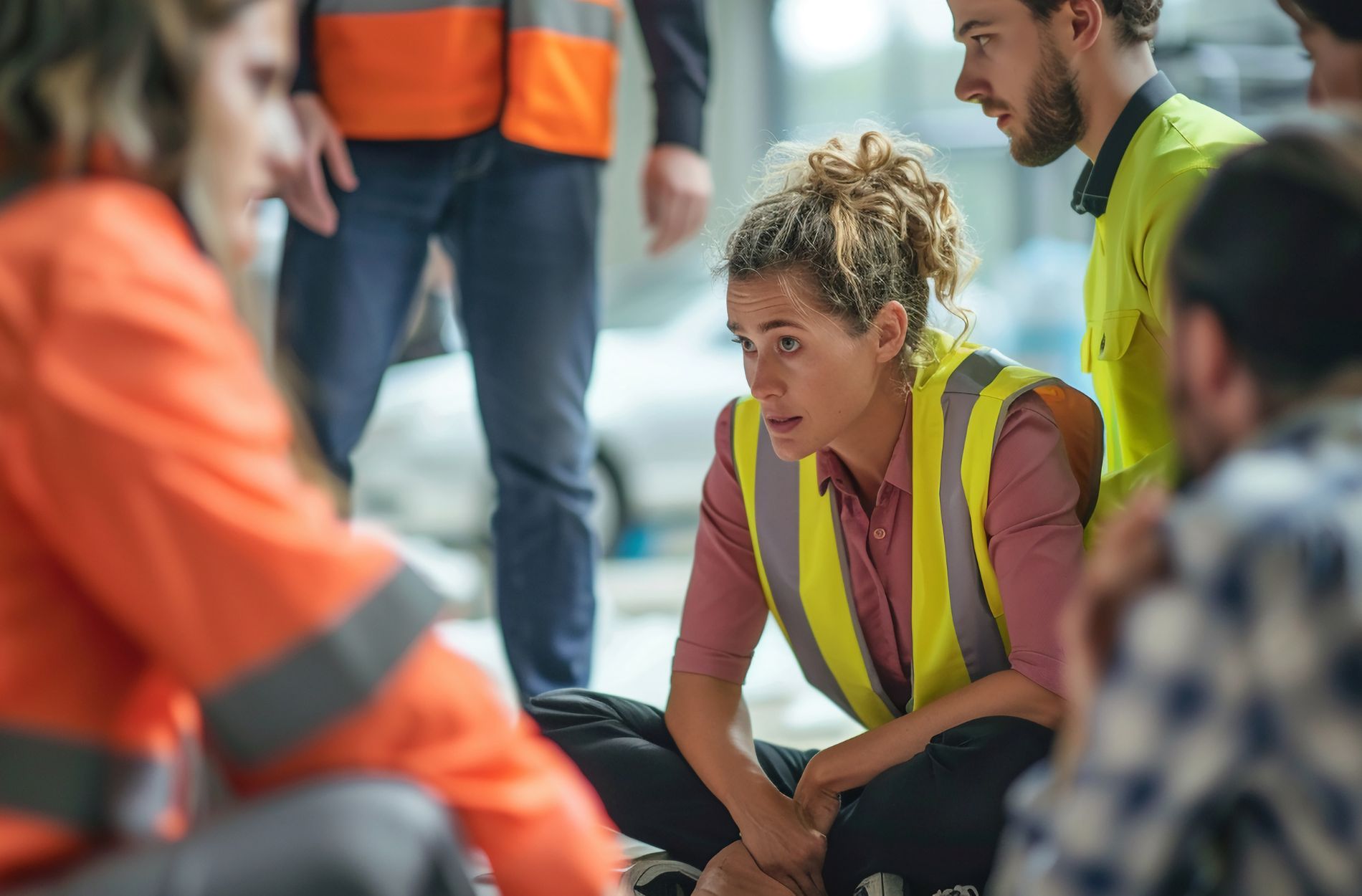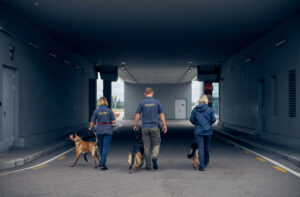Pre-hospital care is a vital link in the chain of survival, bridging the gap between the scene of an incident and definitive care at a hospital. This crucial phase involves providing immediate medical attention to stabilise patients and prepare them for further treatment. Understanding the essential steps in pre-hospital care helps ensure that responses are swift and effective in potentially life-threatening situations.
Understanding the Role of Pre-Hospital Care
Pre-hospital care is an integral part of the healthcare system, providing immediate medical assistance at the scene of an emergency. This type of care is essential for stabilising patients and preparing them for transport to a medical facility. The quick actions taken during this phase can greatly influence patient outcomes and survival rates.
First responders and emergency medical technicians (EMTs) bear significant responsibilities in pre-hospital care. Their duties include assessing the patient’s condition, providing first aid, and deciding on further medical interventions. These frontline healthcare providers must act swiftly to control bleeding, administer CPR, or handle other medical emergencies. Their ability to remain calm and decisive can be lifesaving.
Quick and effective intervention before hospital admission is crucial due to several reasons. Prompt actions can prevent a patient’s condition from worsening, increase the chances of survival, and reduce potential long-term complications. Early interventions, such as securing airways or controlling serious bleeding, are vital steps that can increase the likelihood of positive outcomes.
The importance of pre-hospital care underscores the necessity of proper training and preparation among first responders. With detailed knowledge and practical skills, they can make informed decisions that aid in saving lives and ensuring that patients receive the most effective care possible before reaching a hospital.
Key Skills Required in Pre-Hospital Care
In pre-hospital care, a set of key skills is fundamental for providing effective and timely medical assistance. These skills ensure a rapid and accurate response to emergencies, potentially saving lives and reducing the severity of injuries. Among the essential skills are:
- Assessment: The ability to quickly and accurately evaluate a patient’s condition is critical for determining the necessary interventions. This includes recognising signs of shock, breathing difficulties, or severe injuries.
- Critical Thinking: Decision-making under pressure is vital in emergencies. First responders must analyse situations rapidly and decide on the best course of action.
- Emergency Response: Efficiently executing emergency procedures, like administering CPR or controlling bleeding, is essential in stabilising patients at the scene.
In real-world emergencies, these skills allow responders to address situations effectively. For example, a thorough assessment helps in identifying the most pressing issues to tackle first, while critical thinking ensures that no time is wasted during response processes. Emergency response skills ensure that interventions such as using a defibrillator or stopping excessive bleeding are carried out efficiently.
Enhancing these skills involves regular training and practice. Engaging in realistic simulations and continuous education helps responders improve their competencies. Learning from past experiences and peer feedback also provides valuable insights for skill development. By continuously honing these skills, first responders remain prepared for the challenges they may face in real-life scenarios, ensuring they can deliver the best care possible.
Essential Tools and Equipment for Quick Response
In pre-hospital care, having the right tools and equipment is crucial for delivering immediate and effective assistance. These tools help first responders stabilise patients, allowing them to manage emergencies efficiently until further medical help is available.
Key equipment includes:
- First Aid Kits: These kits contain basic medical supplies, such as bandages, antiseptics, and gauze, enabling responders to treat minor injuries and manage more serious wounds temporarily.
- Defibrillators: These portable devices deliver a dose of electric current to the heart, which is crucial in reviving patients experiencing sudden cardiac arrest.
- Oxygen Kits: Providing patients with immediate oxygen is essential in situations involving breathing difficulties, ensuring that they receive adequate airflow to continue functioning.
Each tool serves a specific purpose in patient care. Defibrillators, for example, can be the first line of defence against life-threatening cardiac events, while first aid kits address acute injuries that need immediate attention. Oxygen kits are vital when dealing with respiratory issues, maintaining the patient’s vital signs.
Maintaining and using equipment properly is as important as having them. Regular checks ensure that tools are in good working order and ready for use at a moment’s notice. Training in the correct usage of equipment, especially defibrillators, is vital, ensuring that responders can operate them effectively and safely during emergencies.
Developing Effective Communication and Coordination
Clear communication and coordination are critical in pre-hospital care, as they ensure that both patient needs and team efforts are aligned for effective emergency management. Engaging with patients calmly and clearly helps in gathering vital information about their condition and providing reassurance.
The steps for effective coordination at emergency scenes include establishing a clear chain of command and understanding each team member’s role. This approach minimises confusion and allows for a streamlined response. Effective coordination ensures that actions like calling for additional medical support or directing pedestrian traffic are handled smoothly.
Teamwork in pre-hospital care plays a major role in successful outcomes. By working together, responders can share observations, leverage each other’s strengths, and ensure nothing is overlooked during high-pressure situations. Proper communication amongst team members and with external emergency services enhances overall efficiency and effectiveness on the scene.
Conclusion
Understanding and implementing the essential steps in pre-hospital care can significantly improve emergency response effectiveness and patient outcomes. By focusing on key skills, the proper use of crucial tools, and practising effective communication, those involved in pre-hospital care can make substantial differences in emergency situations. These actions not only stabilise patients but also provide the necessary groundwork for further medical intervention, increasing the chances of positive recovery for individuals in urgent need.
To ensure that you and your team are fully prepared for any emergency, consider enhancing your pre-hospital care skills with comprehensive training from CR Training. Our pre-hospital care courses equip you with practical knowledge and hands-on experience, enabling you to respond confidently and efficiently. Visit us to learn more about how you can elevate your emergency response capabilities today!




